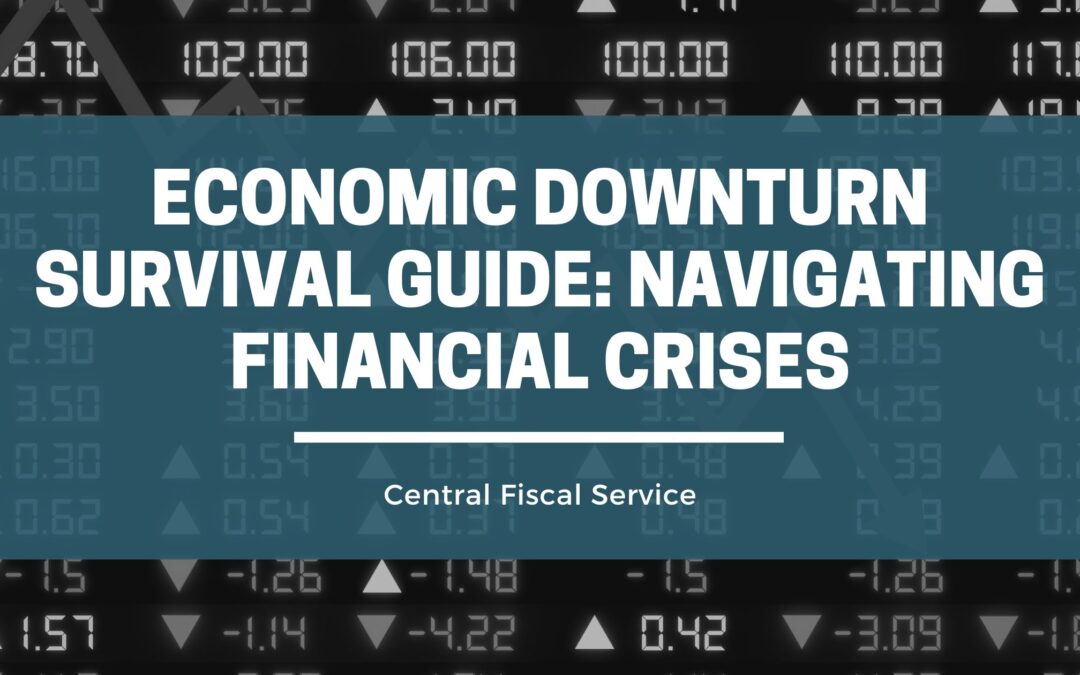Economic downturns are an unfortunate but recurring reality in finance and business. Whether caused by global factors, market crashes, or unforeseen crises like the COVID-19 pandemic, economic downturns can severely impact individuals, families, and businesses. Navigating financial crises requires a well-thought-out strategy and adaptability to weather the storm.
Here is a survival guide to help you navigate economic downturns effectively.
Assess Your Financial Situation:
Create a detailed budget to track your income and expenses. Identify areas where you can cut back on non-essential spending and prioritize saving. If you have investments, review your portfolio and consider rebalancing it to reduce risk.
Build an Emergency Fund:
Having an emergency fund is crucial during economic downturns. Aim to save at least three to six months’ living expenses in a readily accessible account.
Reduce Debt:
High-interest debt can be a significant burden during an economic downturn. Focus on paying down high-interest loans, such as credit card debt.
Protect Your Investments:
If you have investments, consult a financial advisor to assess your portfolio’s risk and make necessary adjustments. Diversify your investments whenever possible.
Preserve Cash Flow:
In a downturn, preserving cash flow is vital for individuals and businesses. Evaluate your expenses and look for ways to cut unnecessary costs. Delay significant purchases or investments if possible.
Reevaluate Financial Goals:
During an economic downturn, you must revisit and adjust your financial goals as needed. You may need to delay specific goals, such as buying a home or starting a business, until the economic climate improves.
Invest in Learning and Skills:
Use the downtime during an economic downturn to invest in self-improvement. Acquiring new or enhancing existing skills can make you more valuable in the job market.
Network and Stay Informed:
Maintain a solid professional network, both online and offline. Networking can lead to job opportunities, partnerships, or valuable insights.
Stay Calm and Avoid Panic:
Emotional reactions can lead to hasty and potentially detrimental financial decisions. Feeling anxiety during economic downturns is natural, but try to stay calm and rational.
Seek Professional Guidance:
If you’re struggling to navigate an economic downturn, consider seeking advice from financial professionals. A certified financial planner or advisor can provide tailored guidance to help you make informed decisions and create a solid financial plan.
Explore Government Assistance:
During economic crises, governments often implement relief programs and financial assistance measures. Be aware of any government assistance available to individuals or businesses in your area.
Economic downturns are challenging but manageable with careful planning and a strategic approach. You can navigate financial crises more effectively by assessing your financial situation, building an emergency fund, reducing debt, diversifying income streams, protecting investments, preserving cash flow, and staying informed.

